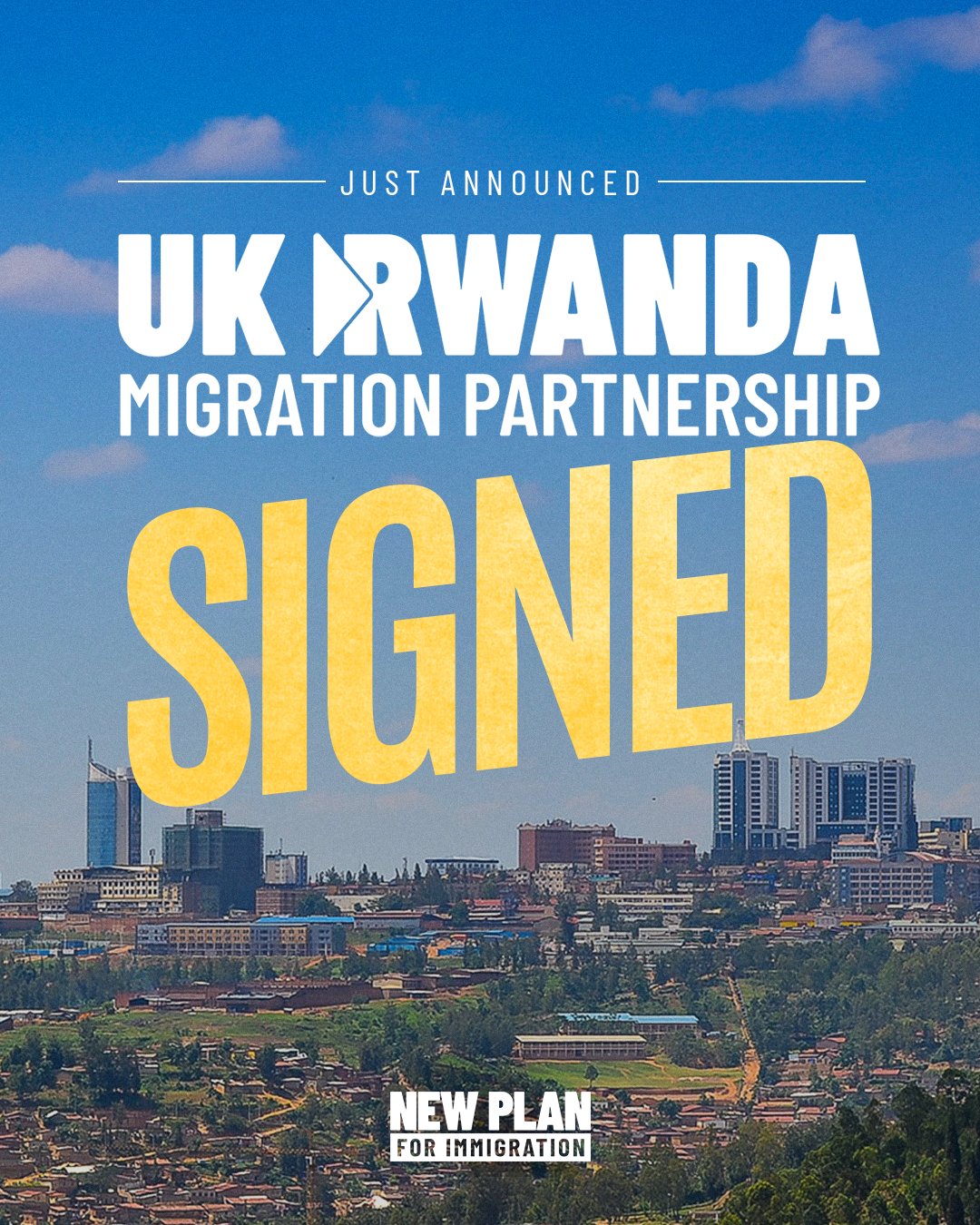Offshoring refugees to Rwanda: A new era for Europe’s anti-refugee policies?

In April, the UK government announced new proposals to send people seeking asylum in the UK to Rwanda. In Denmark a similar plan of externalization of asylum processing is currently being pursued. Last year the Danish government passed a bill to facilitate the transfer of asylum processing and protection to a third country and later drafted a memory of understanding with Rwanda. Like the UK government, they argue that this model presents a new and more human and dignified solution to the so-called ‘migration crisis’. Yet a broad range of state, nonstate and activist actors have raised significant concerns about the legal, political, and ethical implications, as well as the economic cost, of exporting asylum to third counties like Rwanda. This webinar aims to scrutinise the latest deals.
While outsourcing humanitarian responsibilities to countries outside Europe is not new in European asylum and migration governance, a pertinent question is if these new partnerships are the beginning of new era for Europe’s anti-refugee policies, or rather a continuation of ongoing racialized deterrence and externalization measures?
To explore this question, a panel of legal and migration scholars will examine the implications for asylum seekers, but also the future legal implications for refugee protection in Europe and beyond. The first part of seminar is dedicated to better understand how the new asylum partnerships externalise European legal obligations to asylum seekers and the role of Rwanda both in reaching this deal and then in being assessed as a ‘third safe country’. The second part of the seminar aims to contextualise the proposals by exploring previous and ongoing externalization efforts in North Africa and Israel.
This Oxford Border Criminologies webinar event is co-organised with Ida Marie Savio Vammen, Danish Institute for International Studies, ODID visiting researcher.
Chair and introduction: Vicky Taylor
Vicky Taylor (she/her) is a DPhil candidate at the Centre for Criminology. Her DPhil research looks at the politics of border policing in and across the English Channel. She is Events Coordinator for Border Criminologies.
All Roads Lead to Rwanda? Comparing the UK and Denmark Externalisation Arrangements: Nik Tan
Dr Nikolas Feith Tan is a senior researcher at the Danish Institute for Human Rights, where he works on refugee and asylum law. Nikolas has acted as legal consultant for Amnesty International, the Danish Refugee Council and UNHCR on various aspects of international protection. Nikolas is also senior research associate of the Refugee Law Initiative (RLI) and a convenor of the RLI Declaration on Externalisation and Asylum, which will be launched at the RLI Annual Conference 29 June – 1 July 2022.
Refugees and Border Control in the Rwandan Context: Nicola Palmer
Dr Nicola Palmer is a Reader in criminal law at King’s College London and the author of Courts in Conflict: Interpreting the Layers of Justice in Post-Genocide Rwanda (OUP, 2015). She has written on questions of the relationship between international criminal law and border control, resistance to mass violence and legal pluralism in Rwanda. Most recently her work has been published in journals including Theoretical Criminology, The Leiden Journal of International Law and Transnational Legal Theory. Dr Palmer was previously the Global Justice Research Fellow at St Anne’s College, University of Oxford and convenor of the Oxford Transitional Justice Research (OTJR) network. She received her DPhil in law from Oxford in 2011 where she studied as a Rhodes Scholar. Prior to this, she worked at the United Nations International Criminal Tribunal for Rwanda (UN ICTR), following her undergraduate in law and economics at Rhodes University, South Africa.
North African dynamics and European externalization: Ahlam Chemlali
Ahlam Chemlali is a Ph.D. fellow at DIIS – Danish Institute for International Studies and the Department of Politics and Society, University of Aalborg. Chemlali explores how the externalisation of European border control to North Africa produces the everyday violence of the border and how this shapes gendered experiences. Chemlali has worked in North Africa on issues related to migration, borders, violence, smuggling and gender, particularly in Libya and Tunisia.
The deportation of asylum seekers to Rwanda: lessons from the Israeli experience: Maayan Niezna
Maayan Niezna is a Postdoctoral Research Fellow in Modern Slavery and Human Right at the Bonavero Institute of Human Rights, University of Oxford, and a Fellow of the Modern Slavery Policy and Evidence Centre. Her research focuses on trafficking for labour exploitation and the regulation of labour migration. She holds PhD in Law from Kent Law School, MSc in Human Rights from the London School of Economics, and LL.B in Law and Philosophy from the Hebrew University of Jerusalem. Prior to her doctoral studies she worked at the Hotline for Refugees and Migrants-Israel.
YOU CAN REGISTER FOR THE EVENT HERE.

